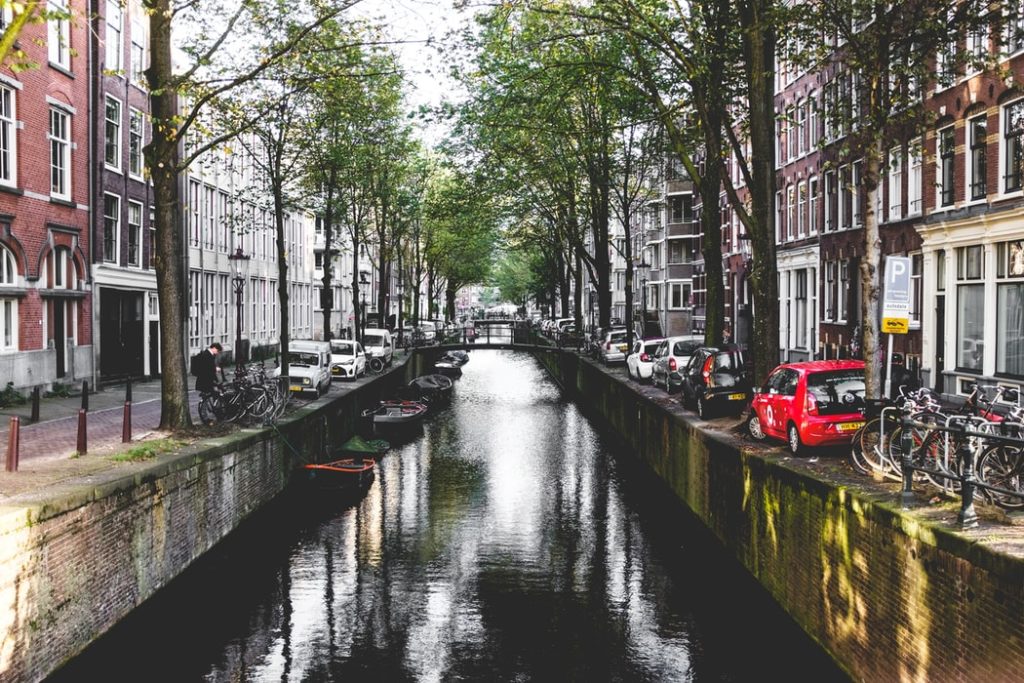The European Commission is giving member states more flexibility to use structural funds and is relaxing state aid rules during the coronavirus crisis.
Some of the EU aid and state aid might end up in tax havens and not necessarily offshore havens.
According to a recent report by the Tax Justice Network, an analysis of data published by the US tax authorities show that The Netherlands have replaced other EU member states as the main outlet for tax avoidance. With a Dutch corporate tax which in practice can be under 5 per cent, other EU countries lose each year $10 billion in tax payments.
The Tax Justice Network is an independent international network launched in 2003 and defines its core mission as achieving systemic change on a wide range of issues related to tax, tax havens and financial globalisation.
A Commission country report from 2018 stated “some indicators suggest that the Netherlands' tax rules are used by multinationals engaged in aggressive tax planning structures.” Other EU member states in this category are Ireland and Luxembourg.
The Netherlands is popular with American and other multinationals, such as Swedish IKEA, that have their headquarters or subsidiaries there.
The European Council has been adopting an EU list on "non-cooperative jurisdictions" or tax havens since 2017. The list has been updated several times since then and is now updated twice a year. The purpose of the list is to help EU member states to deal more robustly with countries that encourage abusive tax practices.
That may explain why EU member states by definition cannot be included in the list although some of them could also be considered as “tax havens”. The current list includes 12 jurisdictions, most of them islands. The Cayman Islands, an autonomous British overseas territory in the Caribbean Sea, was added only after Brexit.
Asked by The Brussels Times if the European Commission in the current situation would consider including EU member states in the list, the spokesperson of the Commission replied at today’s virtual press briefing that its position has not changed.
“There is freedom of movement of capital in the EU. The EU list of tax havens, which can be used by the member states as a basis for their decisions on state aid, can only include non-EU countries. There is absolutely no change in our position.”
A Dutch source, commenting on condition of anonymity, confirmed that the Netherlands plays an important role in tax evasion constructions. “It’s a lack of European solidarity. The issue is well-known and regularly debated in the Dutch parliament.”
However, the Dutch government has started to curtail the many mock letterbox companies that only exist to avoid taxes. The government is also supporting new tax rules according to which companies would no longer be taxed over their profits but over their turnover.
In a recent op-ed in The Brussels Times (“COVID-19 puts offshore tax havens in the firing line”, 1 May), Richard Owen writes that the current crisis may give the EU a unique opportunity to impose new standards of transparency and accountability on both tax havens and the companies and individuals who use them.
M. Apelblat
The Brussels Times

